Copa: Connection and Compassion
written by Shaiya Sayani
Horses, like humans, crave comfort and security. This can be seen through their living patterns, their attitude, and the way they interact with people. The palpable, magnetic attraction between humans and horses has existed for thousands of years, and so too has the need for them in many aspects of human society. Anyone who has been around horses can notice the peaceful energy they bring, a sense of mutual understanding and respect. Studies around the social intelligence between horses and humans have shown that horses have very similar social awareness to humans. Interacting with a horse is not so different from interacting with a person… they just can’t talk back, at least not in words.
Horse therapy has been a practice for a very long time, in fact, the earliest mention of horse therapy dates back to a Greek physician born in 460 BCE. Aimed at improving physical and mental health, equine therapy can also help address issues such as substance abuse and trauma, as well as help individuals to build confidence, self-efficiency, communication, trust, perspective, social skills, impulse control, and to learn boundaries. Horses are the most popular animal for improving health because they give immediate feedback to the handlers and riders actions, and can even support those who may not feel they need support at all.
As someone who loves the presence of horses, I have seen the benefits of being around horses firsthand, as well as the spiritual aspects. For adolescents going through the normal struggles of teenage life, or those who have had traumas or diagnosed mental illness, the presence of horses can spark reflection, improve communication, and improve emotion-regulating behaviours. Horses do not judge people on appearance or diagnosis; instead, they offer automatic love and acceptance. Horses are incredibly intuitive creatures and have very strong empathic abilities, sensing emotions such as fear and happiness quicker than we humans can. This ability helps a horse to understand people, and further deepens the strong bond made between a horse and their person.
In my personal riding career, I have had the opportunity to ride and create bonds with many horses. These bonds have been crucial in understanding how to communicate with the horse I am riding in order to have the best riding experience possible. The bonds can be automatic or take months to create.
In one situation that was very inspirational to me, I was riding a horse called Copa. He was about 17.3hh and when I started riding him he lacked motivation and trust in me. These two elements are necessary to me, in order to fully understand how to ride him. Overtime, I would gain his trust and then lose it again, and then gain it again, and then lose it. By the end of my year with him, I was able to get his full trust in me, and with this trust his motivation to perform for me grew. By the end of my time with this amazing horse—who changed me has a rider, and changed my outlook on horses—he not only would jump all the jumps for me, but he would want to jump the jumps because he enjoyed it and felt rewarded after. He was a horse that, at the time I did not realize, was improving my communication and perspective abilities. I developed so much as a person as well as as a rider during the time I spent with him. This is just one example of the life lessons that horses can teach you—whether about trust or communication or many other aspects of being human—and the impact horses have on your development as a person.
Shaiya Sayani is from West Vancouver, BC and is currently 16 years old. She is passionate about horses and competes in competitive show jumping and hopes to achieve a lot in the sport. She began riding late at 12 years old, but has already progressed quite a bit in the sport. She is currently competing in the 1.30s with her horses Spencer and Wiona and trains in Langley with Thunderbird Show Park. Shaiya believes that a big part of the sport is being able to connect with the horses and has found the relation between horses and psychology very intriguing.

